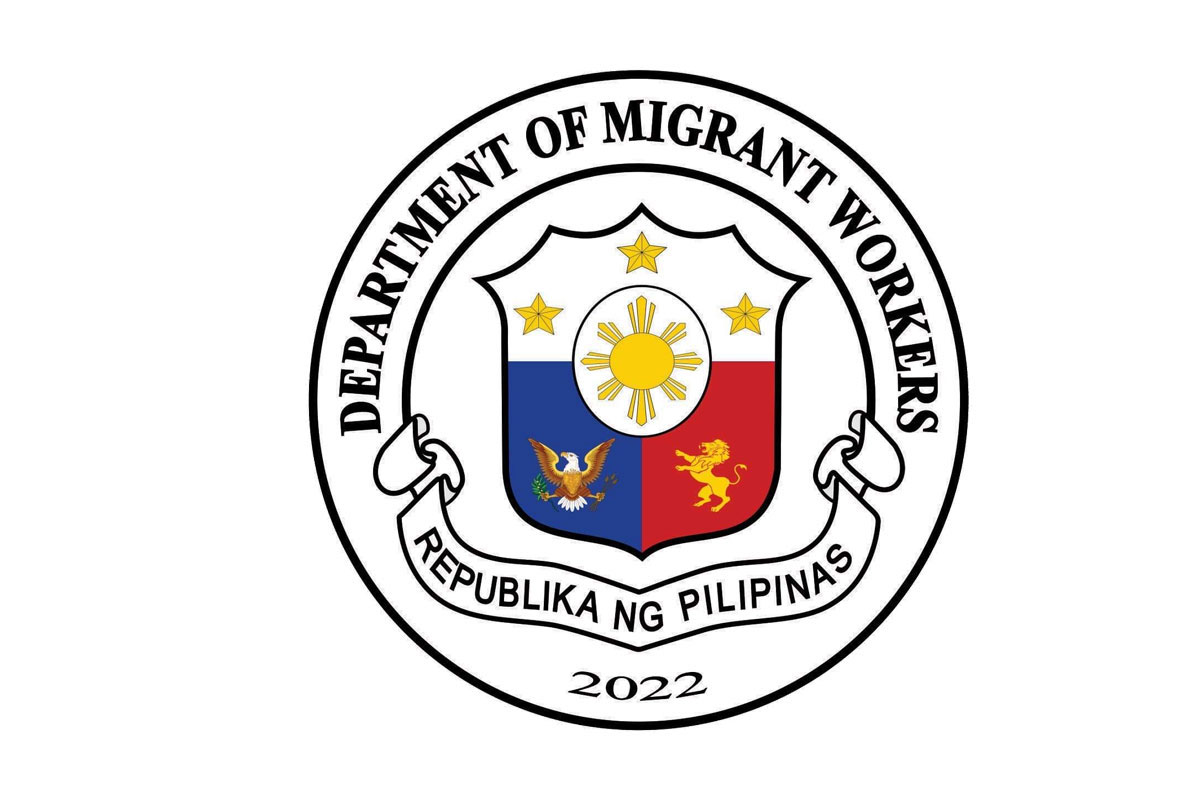
NUMBERED DAYS
SPEAKER Ferdinand Martin G. Romualdez said the House of Representatives will fast-track the passage of the Anti-Agricultural Smuggling Act.
This is one of the key priority measures of President Ferdinand R. Marcos Jr. which are aimed at tightening the noose around smugglers of onion and other agricultural products.
“As soon as the start of the 2nd Regular Session of the 19th Congress, we will immediately buckle down to work for the passage of the proposed amendments to the Anti-Agricultural Smuggling Act,” Romualdez said.
The measure is among the 20 bills slated for approval by Congress before the year’s end during the 2nd Legislative-Executive Development Advisory Council (LEDAC) full meeting presided over by President Ferdinand R. Marcos Jr. in Malacanang on Wednesday.
“The inclusion of this measure among the LEDAC priority legislation manifests the commitment of Congress to support Pres. Marcos’ drive against unfair business practices that hurt consumers and local farmers alike, but also derail the administration’s efforts to attain food security,” Romualdez said.
“Enactment of this measure will institutionalize and improve mechanisms, as well as provide more stringent penalties that would serve as a strong deterrent against smuggling of agricultural products, including onion,” he added.
Earlier, Marcos ordered the National Bureau of Investigation and the Department of Justice to go after smugglers of onion and other agricultural products, based largely on the findings of the probe conducted by the House Committee on Agriculture and Food.
Last May, during a hearing of the House Committee on Agriculture and Food, Marikina Rep. Stella Luz Quimbo tagged a cartel, operating through a web of companies, as the culprit that manipulated the supply and prices of onion.
It was Romualdez himself who called for the congressional investigation on alleged hoarding, price fixing, and smuggling of onion when the prices of the agricultural commodity hit a record-high of about P700 per kilo in December last year.
Other measures LEDAC approved for passage by the year’s end include the Amendments of the BOT Law/PPP bill, National Disease Prevention Management Authority, Internet Transactions Act/E-Commerce Law, Health Emergency Auxillary Reinforcement Team (Heart) Act, formerly Medical Reserve Corps, Virology Institute of the Philippines, Mandatory ROTC and NSTP, Revitalizing the Salt Industry, Valuation Reform, E-Government/E-Governance, and Ease of Paying Taxes.
Also targeted for passage this year are the National Government Rightsizing Program, Unified System of Separation/Retirement and Pension of MUPs, LGU Income Classification, Waste-to-Energy bill, New Philippine Passport Act, Magna Carta of Filipino Seafarers, National Employment Action Plan, and the Bangko Sentral ng Pilipinas-endorsed Bank Deposit Secrecy, and, Anti-Financial Account Scamming Act (AFASA) bills.
18 of the 20 bills were part of the 42 priority legislative measures during the first LEDAC meeting in October 2022. The two BSP-endorsed measures were added to the LEDAC priority list during the meeting Wednesday.
The House has already approved on the third and final reading 33 out of the original 42 LEDAC priority measures by the end of the First Regular Session of the 19th Congress.
20 PRIORITY BILLS
Some 20 key administration measures are set to be approved before the year ends.
This is the commitment made by Speaker Ferdinand Martin Romualdez following an agreement reached at the Legislative Executive Development Advisory Council (LEDAC).
Romualdez and other House leaders have attended the LEDAC meeting presided by President Ferdinand Marcos, Jr. in Malacanang.
“Upon the start of the 2nd Regular Session of the 19th Congress, I together with the rest of the members of the House of Representatives will continue our efforts in realizing the President’s vision to greatly improve the Philippine economy, to reduce the prices of everyday commodities, and to increase the purchasing power of every Filipino citizen,” Romualdez said.
“Rest assured that the House of the People will remain steadfast and committed to being partners of the Executive Branch to spur economic growth, alleviate poverty, augment healthcare services, and foster job creation for all Filipinos,” he added.
During the LEDAC meeting, both the Senate and the House of Representatives committed to approve a total of 20 priority measures before the year ends, including two measures added Wednesday to the Common Legislative Agenda (CLA)
These two additional measures— the Amendments to the Bank Deposits Secrecy Law (House Bill No. 7446) and the Anti Financial Accounts Scamming Act (House Bill No. 7393) — were proposed for inclusion in the CLA by the Bangko Sentral ng Pilipinas.
The 18 other measures are the following: Amendments to the BOT Law/PPP Bill; National Disease Prevention Management Authority; Internet Transactions Act/E-Commerce Law; Medical Reserves Corps; Virology Institute of the Philippines; Mandatory ROTC and NSTP; Revitalizing the Salt Industry; Valuation Reform; E-Government/E-Governance; Ease of Paying Taxes; National Government Rightsizing Program; Unified System of Separation, Retirement and Pension of MUPs; LGU Income Classification; Waste-to-Energy Bill; New Philippine Passport Act; Magna Carta of Filipino Seafarers; National Employment Action Plan, and Amendments to the Anti-Agricultural Smuggling Act.
Of the 20 priority measures due for approval before the end of the year, 16 had already been approved by the House of Representatives on the third and final reading during the First Regular Session.
The only four remaining measures are the National Rightsizing Program; Unified System of Separation, Retirement and Pension of MUPs; National Employment Action Plan and the Amendments to the Anti-Agricultural Smuggling Act.





















